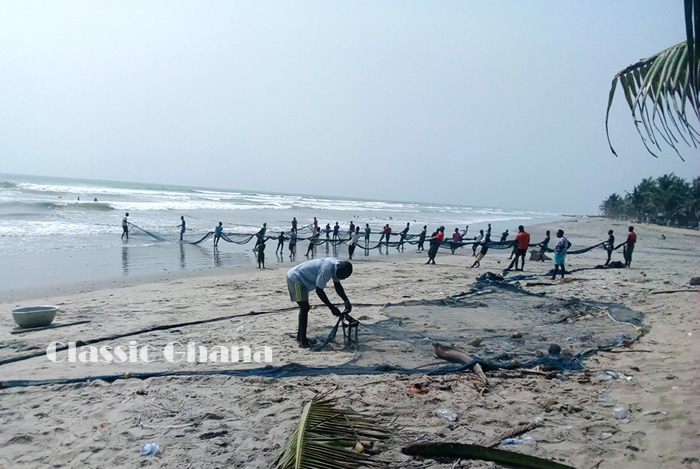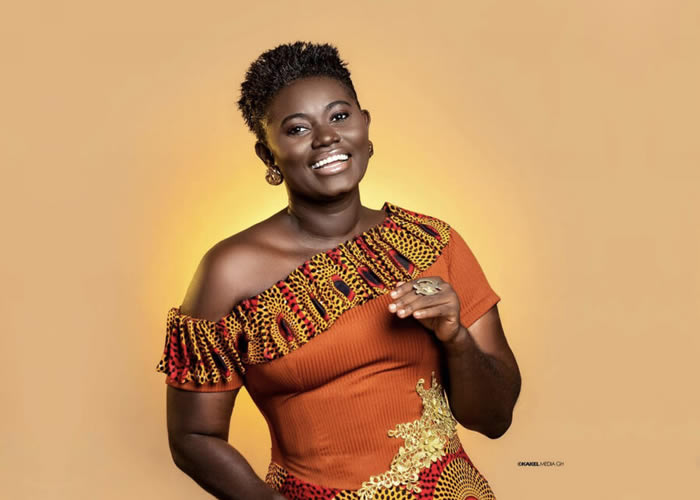Stakeholders Adopt The Safe Sea Access Framework
- Home
- Stakeholders Adopt The Safe Sea Access Framework

Stakeholders Adopt The Safe Sea Access Framework
 Stakeholders at the second national workshop on the Safe Sea Access Framework (SSAF) have unanimously adopted the recommendations in the Framework for a more integrated Cumulative Impact Management.
Stakeholders at the second national workshop on the Safe Sea Access Framework (SSAF) have unanimously adopted the recommendations in the Framework for a more integrated Cumulative Impact Management.
The Framework was born out of a study to explore and evaluate the extent to which marine environmental challenges could be linked to and or mitigated by oil and gas industry actions.
The independent study, undertaken by the Centre for Environment and Health Research and Training, focused on fishery and fishing decline, whale mortality, algal blooms, Tar balls, general marine environmental conditions and coastal socioeconomic conditions.
The study was commissioned in 2014 by the Environmental Protection Agency with funding from the Jubilee partners.
Dr Yaw Amoyaw-Osei, lead Consultant of the Centre for Environment and Health Research and Training, who spoke on the Framework, said after a broader consultation with stakeholders, thematic areas such as direct intervention for modernising artisanal fishing, education and regulatory provision on extending safety zones were agreed on for implementation.
He called on oil companies in the area to contribute the requisite resources to ensure the effective management of the Framework.
The Ministry of Aquaculture, the Navy, chief fishermen, University of Cape Coast and University of Ghana, the Fisheries Commission, EPA, Landing Beach Committee and the Ghana Maritime Authority would be among the lead implementers, monitors and supervisors with the oil companies and the Ministry of Fisheries and Aquaculture Development (MOFAD)providing the resources needed to achieve the strategic goals.
Mr Kwaku Boateng, the Head of Local Content at the Petroleum Commission, said the move was necessitated to have a peaceful coexistence between the fisher communities and operators in the oil and gas business.
Meanwhile, the MOFAD has establish the Marine Fisheries Advisory Committee to formulate a sector-wide action plan and ensure the implementation of the adopted recommendations.
The SSAF became a priority project for the Joint Venture Partners to find a sustainable solution for safety zone incursions and fishing conflicts.
It was also to help government regulators and industry to collaborate in addressing increasing offshore conflicts and remove the perceived incremental adverse impacts on fishing livelihood.
The Framework would enhance the interest of fisheries and fishing livelihoods as well as offshore industry players in achieving the coexistence objectives.
Source: GNA
- Share
Classic Ghana
Classic Ghana brings you into a fun world of arts, entertainment, fashion, beauty, photography, culture and all things in between. Let’s explore these together!







